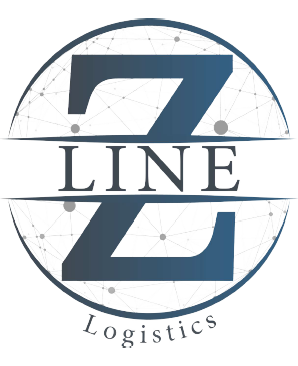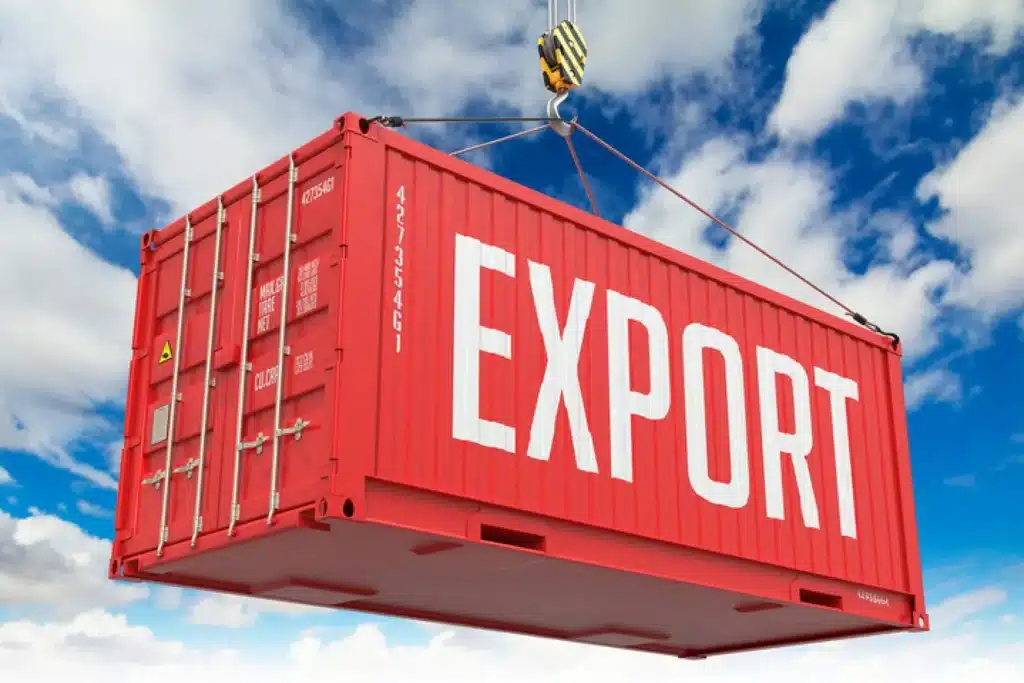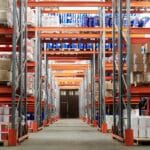Hong Kong is known for its free-market economy and low taxation. But what about imports? Are the Hong Kong import tax fees? And Do you have to pay taxes in Hong Kong?
This blog post will delve into the details of Hong Kong import tax system in 2024, exploring the types of goods subject to import duties, the rates applied, and any exemptions or concessions available.
Table of Contents
How does Hong Kong import tax System work?
Hong Kong import tax system and customs clearance procedure are relatively simple. Here’s a basic overview:
1- Declaration and Assessment
- Detailed Declaration: Importers must submit a comprehensive declaration to Hong Kong Customs to provide accurate information about the goods and the country of origin.
- Risk Assessment: Customs officials use advanced risk assessment systems to identify potential compliance issues and prioritize inspections.
- Duty Calculation: Based on the declaration and risk assessment, customs will calculate the applicable Hong Kong import tax duties using the tariff rates.
2- Payment of Duties and Customs Clearance
- Duty Payment: Importers must pay the calculated import duties before the goods can be released. Various payment methods, including cash, credit card, or electronic funds transfer, are typically accepted.
- Customs Clearance: Once the duties are paid, importers can proceed with the customs clearance process. This involves presenting the Hong kong import tax requirements documentation and undergoing any required inspections.
3- Inspections and Verifications
- Random Inspections: Customs officials may conduct random inspections of imported goods to verify their declared value, ensure compliance with import regulations, and check for prohibited or restricted items.
- Physical Examinations: Inspections can include physical examinations of the goods, sampling for testing, or verification of labeling and markings.
4- Release of Goods
- Successful Clearance: Upon successful clearance, the importer can take possession of the goods for distribution, storage, or further processing.
- Documentation: Importers will receive a customs release document as proof of clearance.
Learn more: Does the US Import or Export More? US Import vs Export Data By Year
Goods Subject to Import Duty in Hong Kong
While Hong Kong is generally considered a low-tax jurisdiction, certain goods are subject to import duties.
The specific goods that are dutiable and the corresponding rates can vary over time. However, some common categories of goods that are typically subject to import duties include:
- Alcoholic Beverages: Wines, spirits, and beers are often subject to import duties.
- Tobacco Products: Cigarettes, cigars, and other tobacco products are typically taxed at a high rate.
- Fuel: Petroleum products, such as gasoline and diesel fuel, may be subject to import duties.
- Luxury Goods: High-end goods, such as jewelry, watches, and furs, may be subject to higher import duties.
- Certain Consumer Goods: Some consumer goods, such as electronics and clothing, may also be subject to import duties.
Read more: How Much are Customs Fees in Jordan? A Comprehensive Guide for 2024
Ad Valorem Duties in Hong Kong
Ad valorem duties are a common type of import duty in Hong Kong. This means that the duty is calculated as a percentage of the declared value of the imported goods. The duty rate can vary depending on the type of goods being imported.
- Percentage of Value: Ad valorem duties are based on the value of the imported goods, as declared on the customs declaration form.
- Tariff Schedules: The specific ad valorem rates are outlined in tariff schedules published by the Hong Kong Customs and Excise Department.
- Variations: Duty rates can vary depending on the country of origin, the classification of the goods, and any applicable trade agreements.
For Example:
If a product is valued at $100 and the applicable ad valorem duty rate in Hong Kong is 5%, the import duty would be $5.
- Other Charges: In addition to ad valorem duties, there may be other charges associated with imports, such as customs clearance fees or handling charges.
- Exemptions and Concessions: Certain goods may be exempt from import duties or subject to reduced rates.
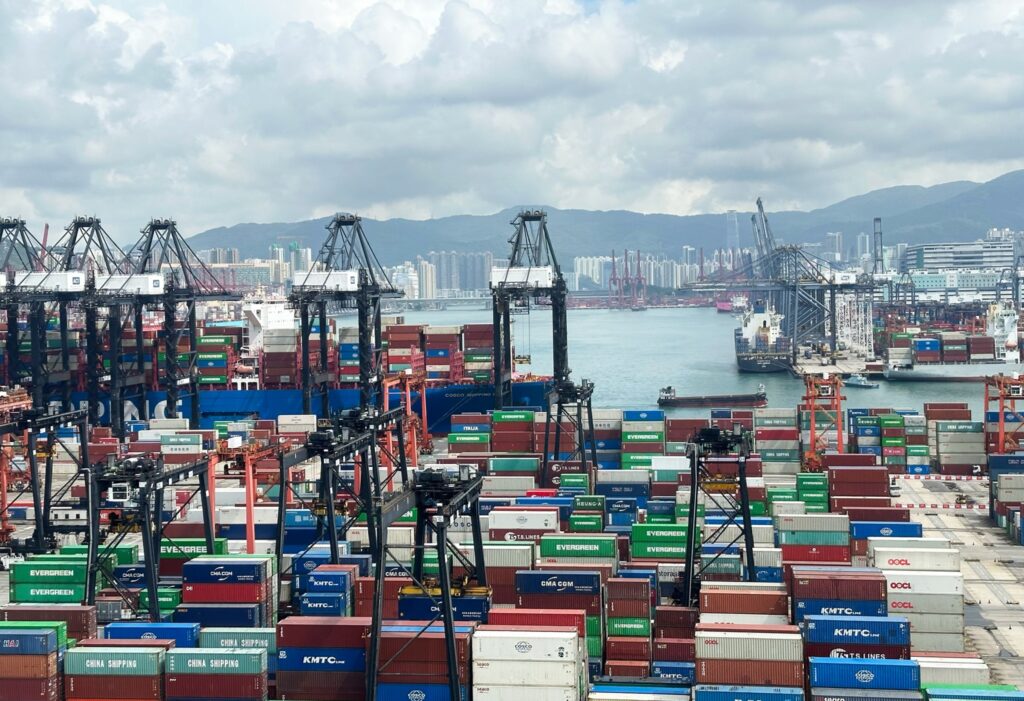
For more information: The Positive and Negative Impacts of the Amazon Effect on Freight in Dubai
Hong Kong import tax Requirements
When importing goods into Hong Kong, it’s essential to have the following import documents ready:
- Commercial Invoice: A detailed document issued by the exporter, providing information about the goods, their value, and the terms of sale.
- Packing List: A document that lists the contents of each shipping container or package.
- Bill of Lading or Air Waybill: A document issued by the carrier, providing details about the shipment and the terms of transportation.
- Certificates of Origin: Documents that certify the country of origin of the goods. These may be required for preferential tariff treatment under certain trade agreements.
- Import Declaration Form: A standardized form submitted to Hong Kong Customs, declaring the goods being imported.
- Licenses or Permits: Depending on the type of goods, specific licenses or permits may be required. For example, imports of certain agricultural products, pharmaceuticals, or hazardous materials might need additional approvals.
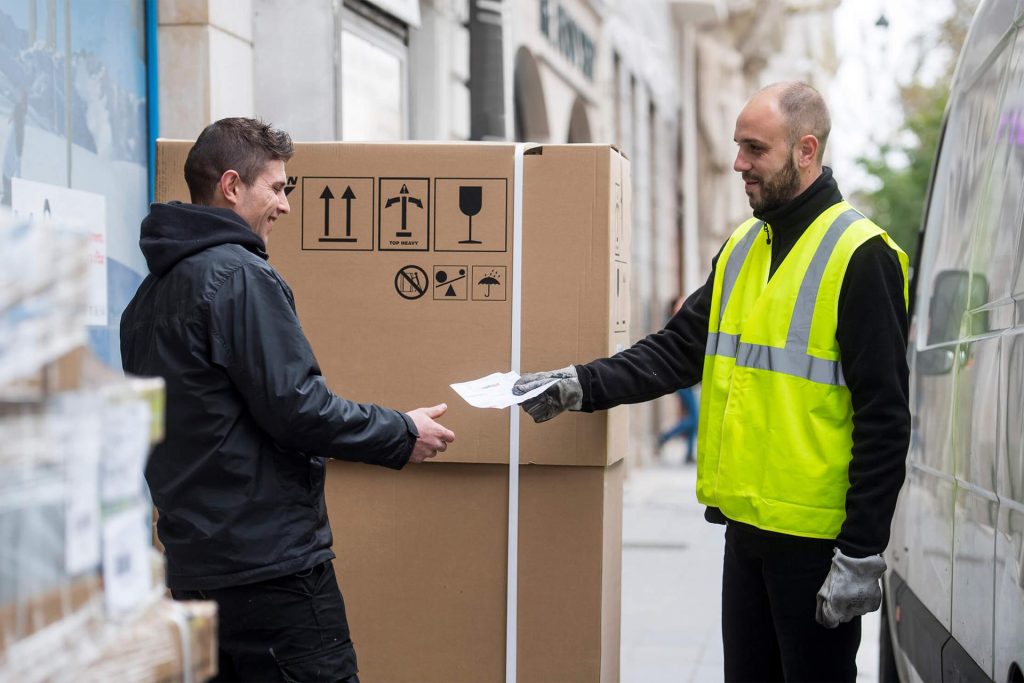
Optional Documents:
- Proforma Invoice: A preliminary invoice issued by the exporter before shipment, often used for customs clearance purposes.
- Insurance Certificate: Proof of insurance coverage for the goods during transit.
- Health Certificates: For certain goods, such as food or animals, health certificates may be required to ensure compliance with import regulations.
Learn more: 5 Types of Freight Forwarding You Need to Know About!
In conclusion, while Hong Kong does impose import duties on certain goods, its overall tax regime remains relatively low compared to many other jurisdictions.
Understanding the import tax rules is essential for businesses and individuals importing goods into Hong Kong. By being aware of the applicable duties and exemptions with Z- Line Logistics Services, you can ensure compliance with local regulations and minimize your import costs.
FAQs About Hong Kong import tax
- How much is import tax from Hong Kong?
Most shipments don’t face local export levies, but your destination country will apply a specific Hong Kong import tax based on value. These charges vary significantly depending on the product category and the customs regulations of the receiving nation.
- What is the 12% import duty?
This is a common tariff rate applied to specific consumer goods like electronics or textiles entering certain international markets. Always include this figure when estimating your total Hong Kong import tax to prevent any budget surprises during clearing.
- Is Hong Kong a duty free country?
The territory operates as a free port and does not impose a general Hong Kong import tax on the majority of goods. Excise duties are only charged on a very limited list of items, such as tobacco, alcohol, and petroleum products.
- What taxes do you pay when importing?
Importers typically pay localized Value Added Tax and customs duties determined by the laws of their own home country. Even with a free-port origin, your local Hong Kong import tax rules will dictate the final fees due at the border.
